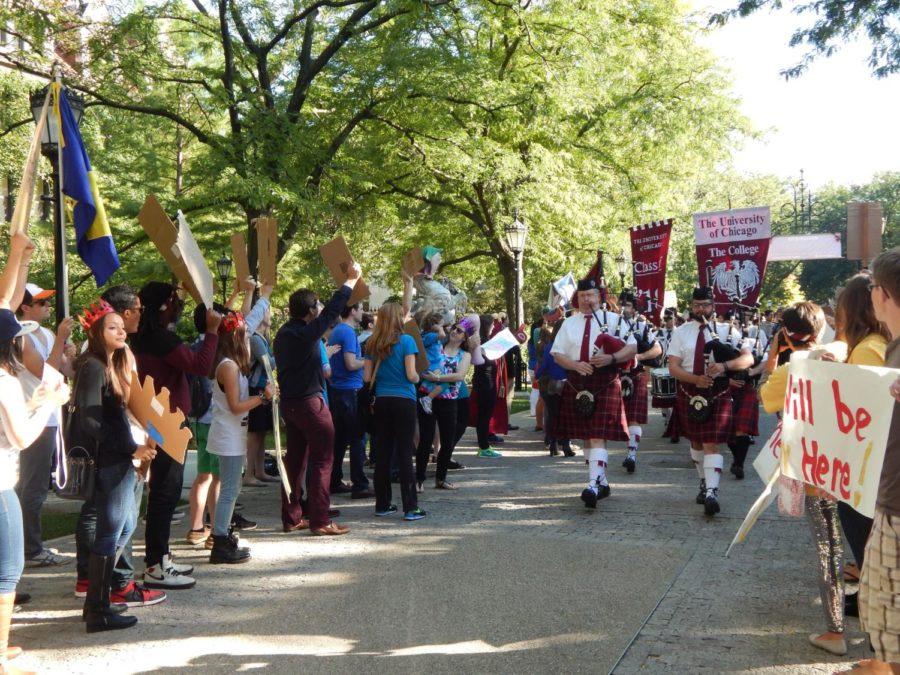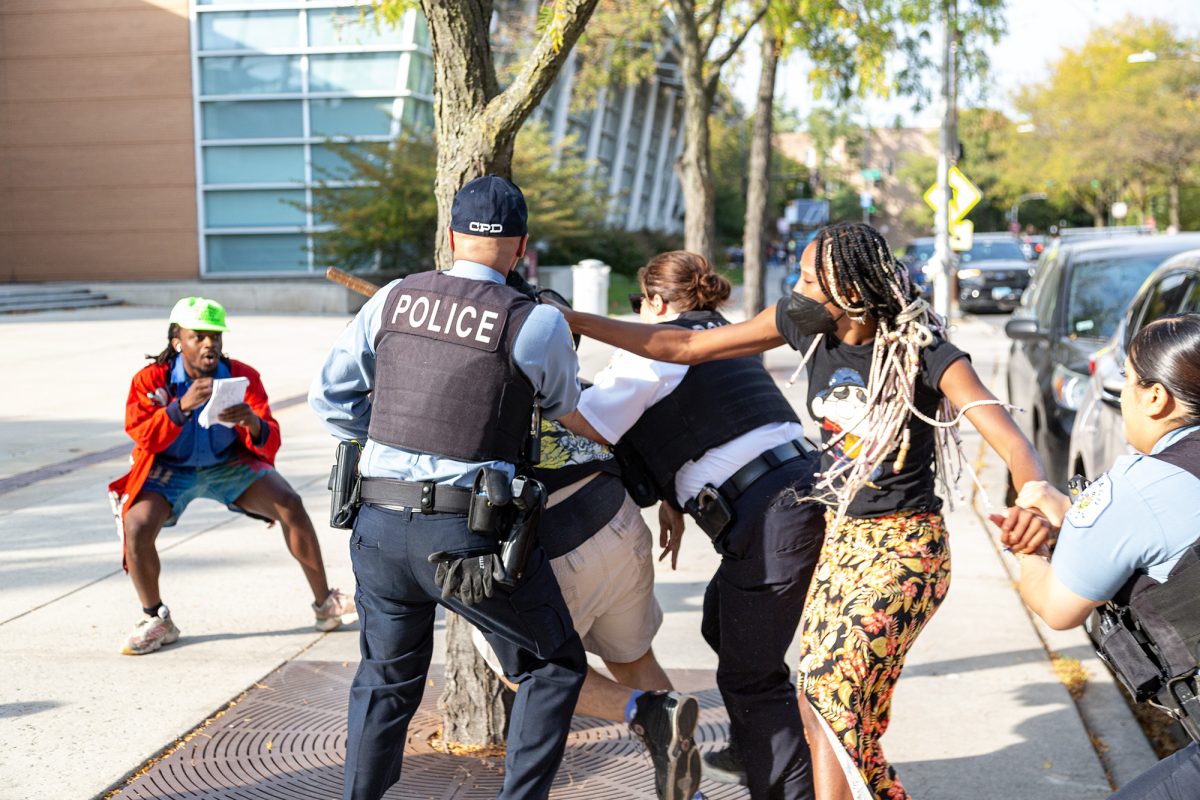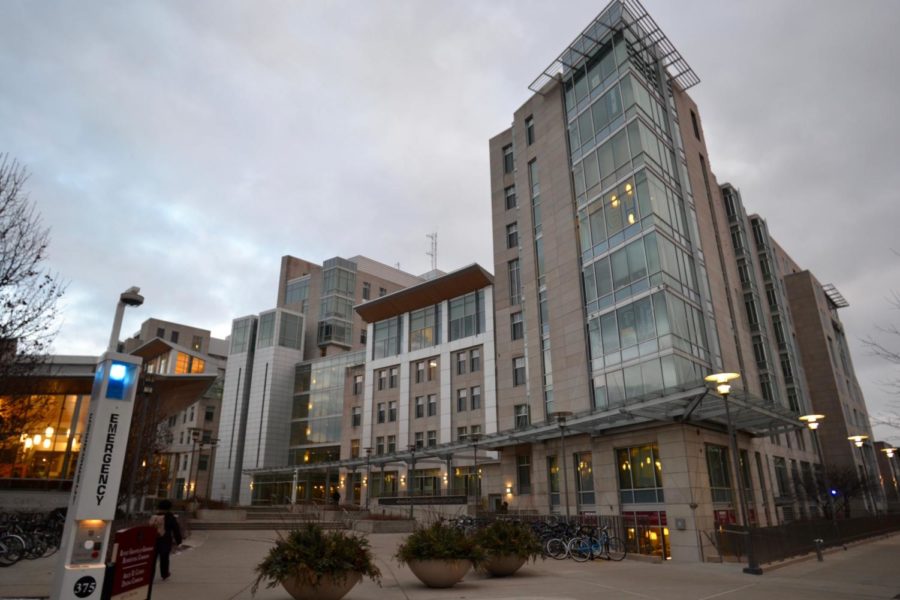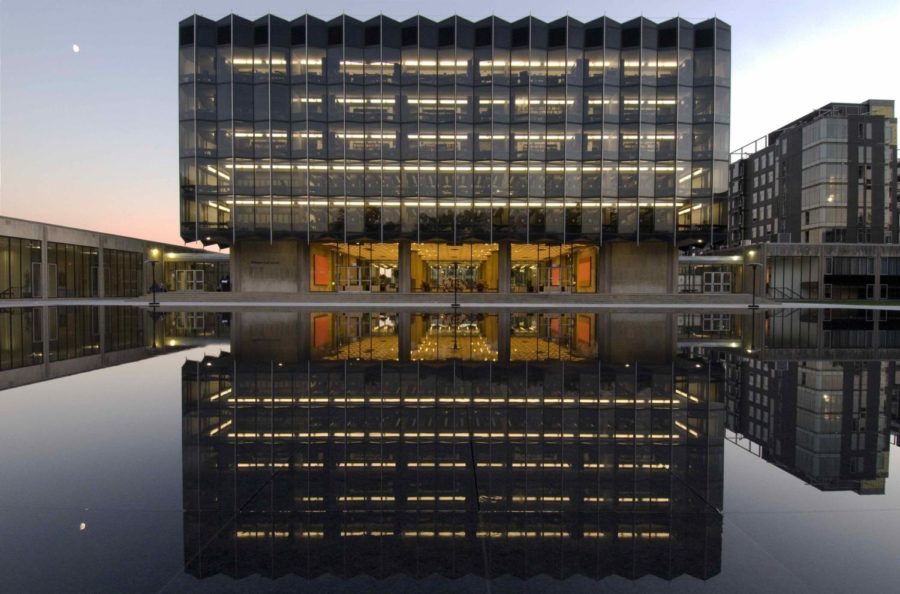Of the 2,511 students accepted into the Class of 2024, only 1,848 were officially enrolled in the 2020–2021 academic year, a significant decrease from the enrollment numbers in years past. Considering how the COVID-19 outbreak drew significant attention to the option of taking a gap year, The Chicago Maroon interviewed some first-year students who took a gap year in the 2020–2021 academic year to learn more about their gap year experiences, and to see how they have been adjusting to in-person campus life.
For first-years Eric Fang and Yaser Tahboub, their gap years gave them an opportunity for self-discovery.
“I had a lot of time to think about what I want to do, academically and professionally,” Fang said. “I applied for a lot of jobs, got rejected from most of them, but it was an experience in and of itself.”
Fang is a reporter at Maroon News. He spent his gap year working at a local newspaper and interning for his local Democratic Party, where he wrote articles and designed graphics on COVID policies. During the summer after his senior year of high school, he took summer courses at both Harvard Extension School and here at UChicago.
Fang considers his overall gap year experience very fulfilling and beneficial to his current college studies. “I became more mature in terms of work ethic, in terms of how I view things, and how I tackle problems, and this mature mindset has helped me a lot in college so far,” he said.
Due to the onset of COVID-19 and the subsequent transition from in-person to remote work, Tahboub had difficulties with his internship at a local prosecutor’s office during his gap year.
“It was kind of hard to do anything with COVID restrictions. There was only so much I could do from my laptop, and work also kind of fell through because of COVID,” he said.
Nevertheless, he noted that his gap year was still productive.
“The gap year in general was more like a real world experience. I had all this free time, besides going to work and having [more real-world responsibilities] on my shoulders, and it was helpful to learn how to spend my time wisely, which probably helped me a lot for college. It was an overall positive outcome,” Tahboub said.
First-year Rachel Liu was hesitant about enrolling for the then-upcoming 2020–2021 year, due to all the opportunities and experiences that would be lost with a year’s worth of remote learning. This thought eventually persuaded her to take a gap year.
“I don’t think anyone was seriously planning to take a gap year, but it was always something that was in my mind as an open option,” she said. “With COVID it became reality, and I was thinking very seriously about what I wanted out of my year. If I can’t get the well-rounded college experience, I don’t think there is any point in being in online school.”
Liu, who had an internship at a publishing firm, noted that the experience opened her eyes to aspects of the industry she otherwise wouldn’t have had access to. She also spent the majority of her time traveling around China with friends and family, working on personal projects, and learning how to relax and do nothing.
“The first thing I had to learn was how to have free time and how to waste it, which is such a big thing because people are so centered around productivity and working on something at all times. I learned how to chill, and that’s a really important skill,” Liu said. “If you know that’s what you want out of a gap year, it’s okay not to do anything, it’s okay to just use the gap year time for yourself.”
First-year Micayla Roth decided to take a gap year for similar reasons.
“I wasn’t initially planning to take a gap year,” she said, “But then I thought, if I don’t get to have the [college] experience that I really wanted, I would consider taking a gap year.”
During her gap year, Roth participated in a discussion-based learning program online as well as a global book club with members of the program. Additionally, she worked with a local nonprofit to mentor middle and high school girls in building confidence and leadership skills and traveled to Israel in the spring. Roth felt that her gap year helped her enter college more rested and mentally prepared.
“It’s definitely an adjustment to go back to school again, but I’m a lot less burnt out than I would’ve been if I had just continued rushing into college as I rushed through high school,” she said. “I also now have a clearer perspective of what’s important to me. Taking the time to not do school was also helpful in recognizing my mental needs and how to take care of them.”
First-year Cissy Choy shared this sentiment, especially since she came from a high school with a highly stressful and goal-oriented environment.
“I feel like if I came directly into college, I’d be a lot more stressed out than I am right now,” she said. “I just feel like the relaxing was a big part that I did not consider before taking a gap year, but I really did like taking this year off.”
Choy spent some of her time tutoring students across China and working on an education-related start-up with her friends and used her downtime to travel with her family and learn Japanese.
“A lot of people tried to persuade me out of [taking a gap year], but I realized that if the competitive mentality from high school carried over into college, it would become more harmful to you when you come to college and realize you can’t do everything at the same time,” she said. “Sometimes you just have to chill!”








